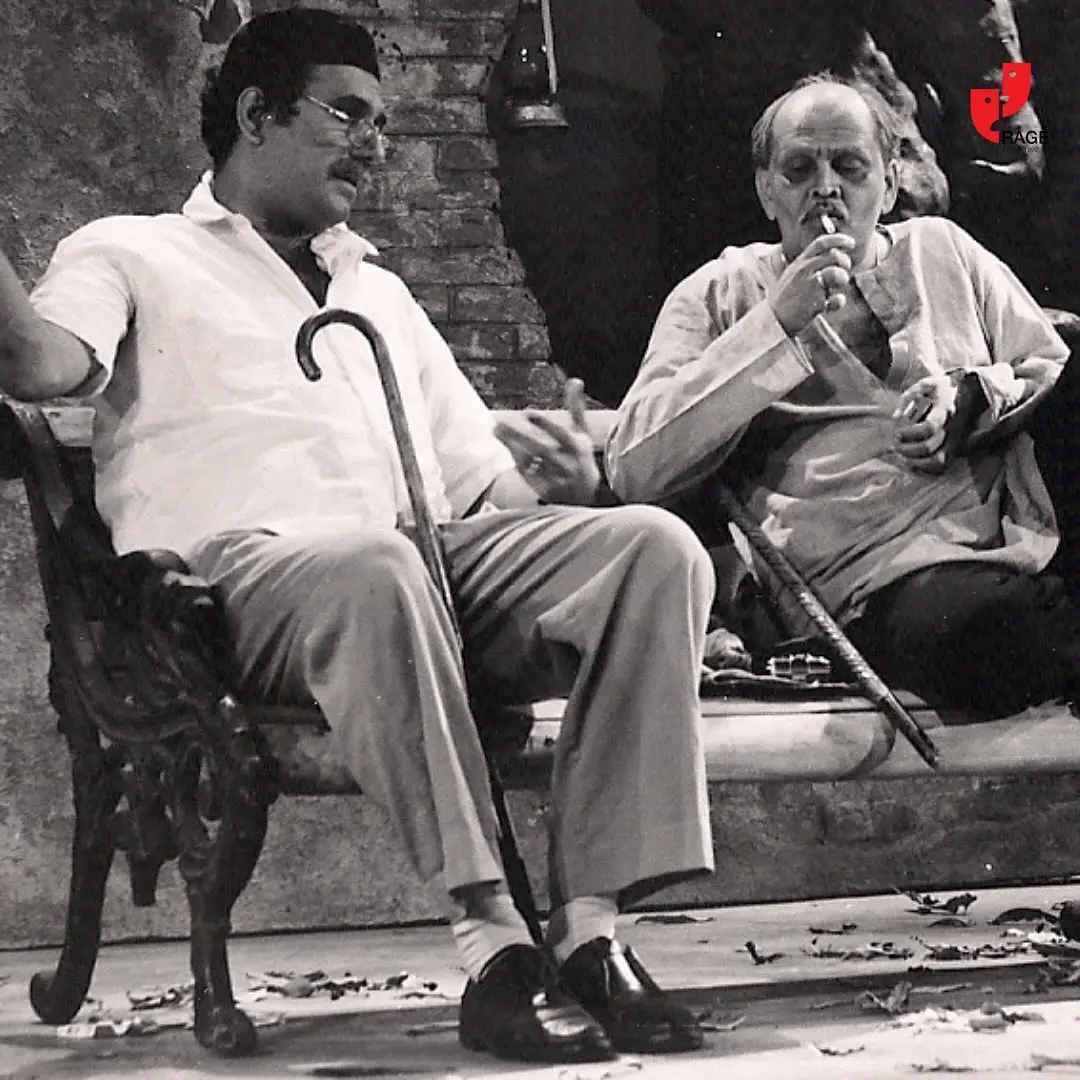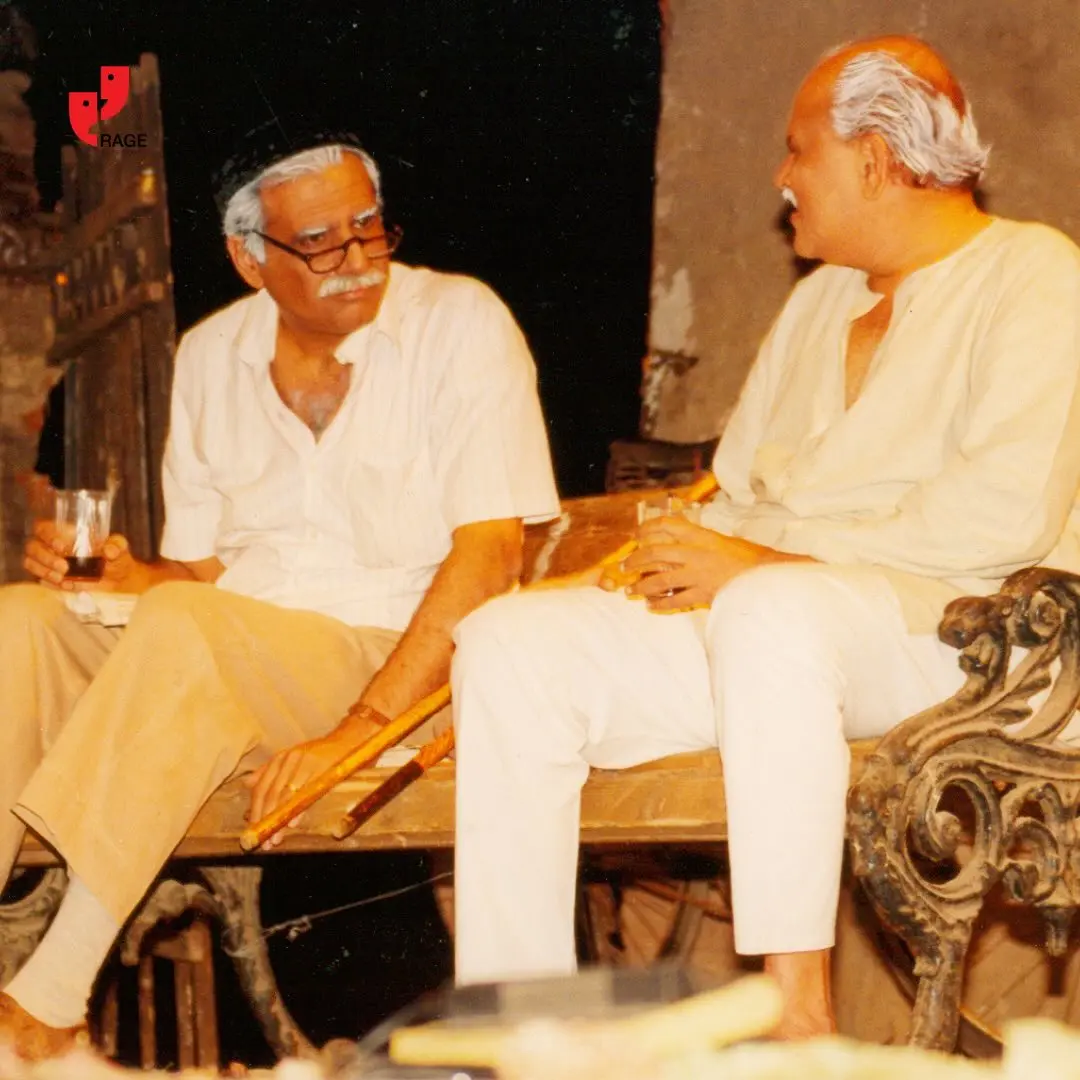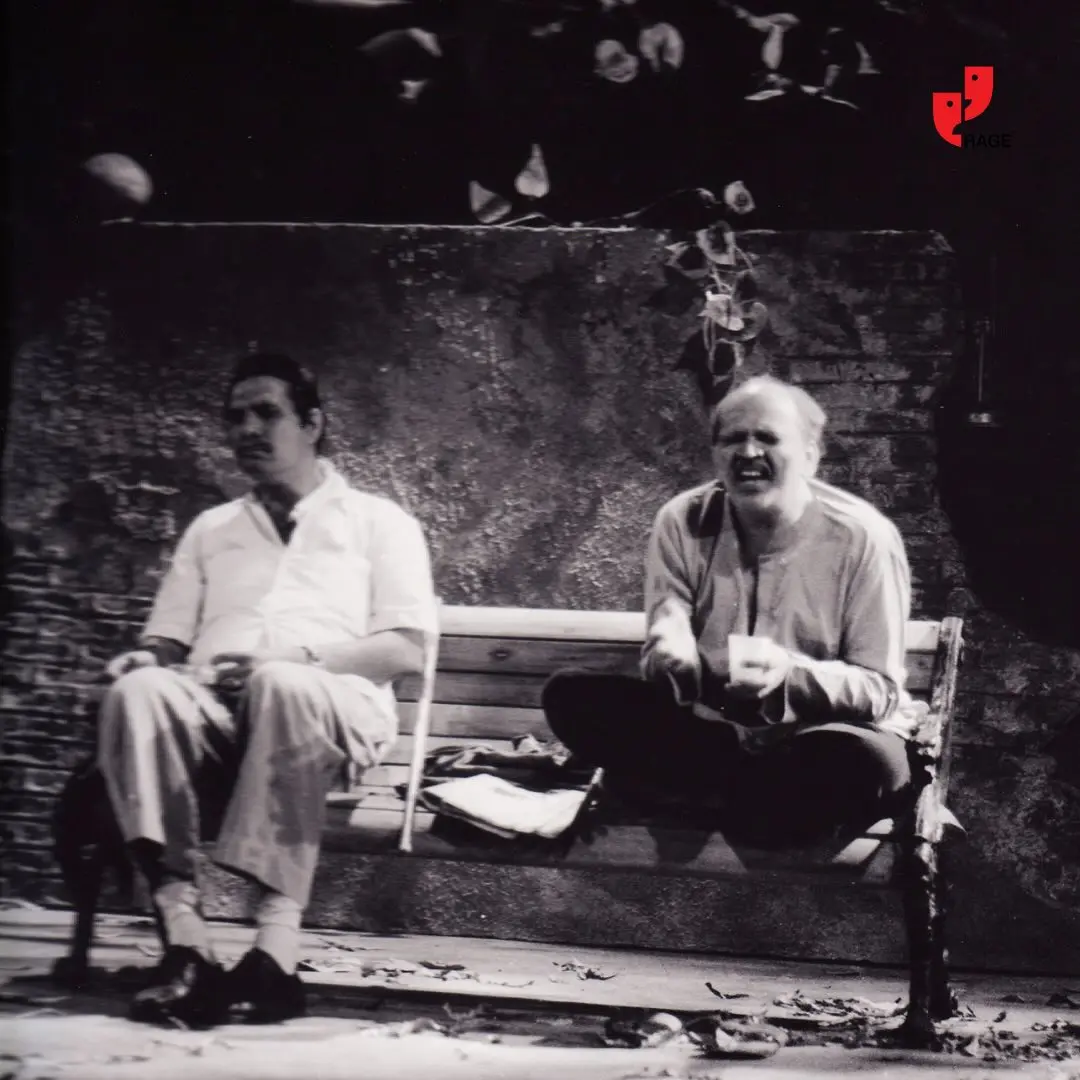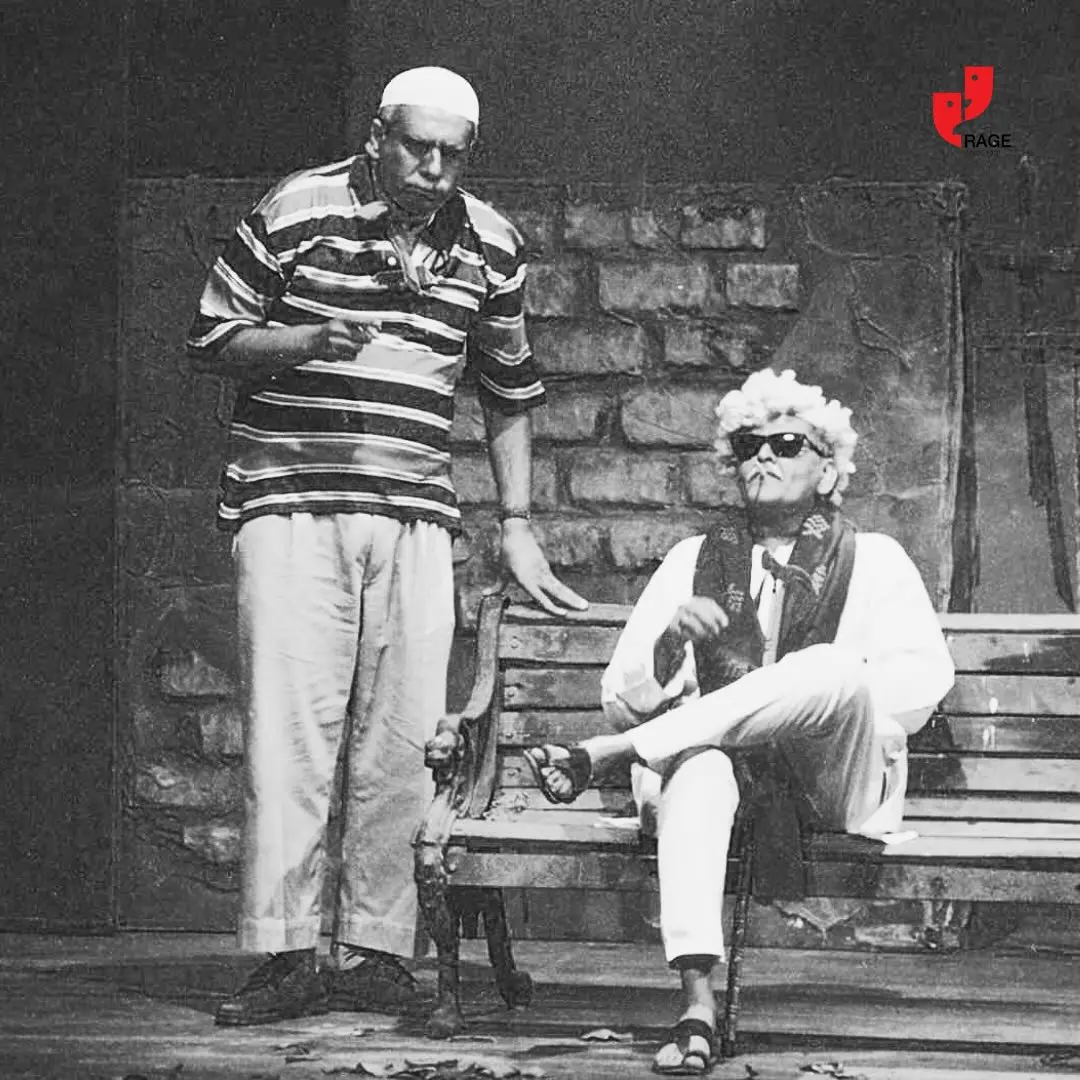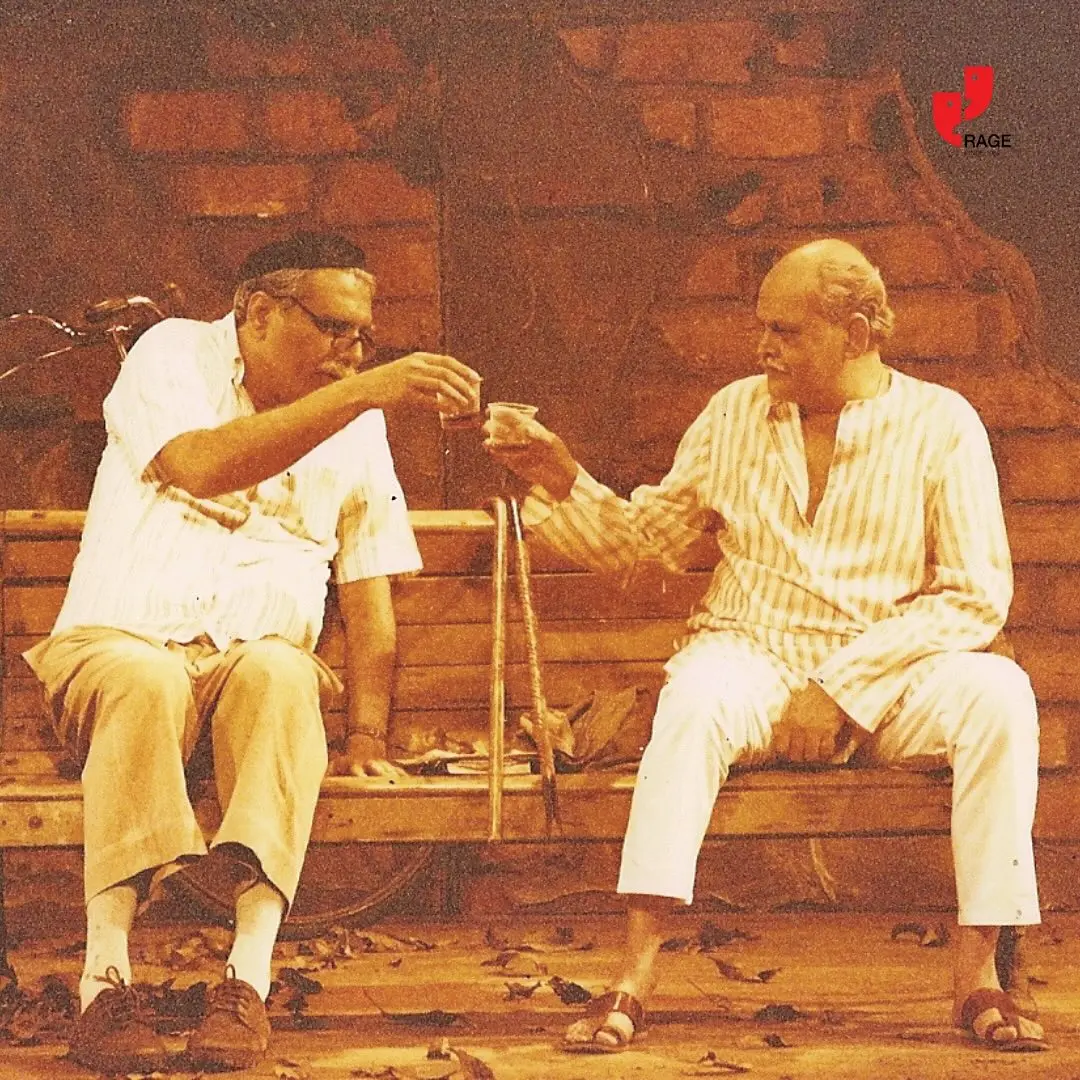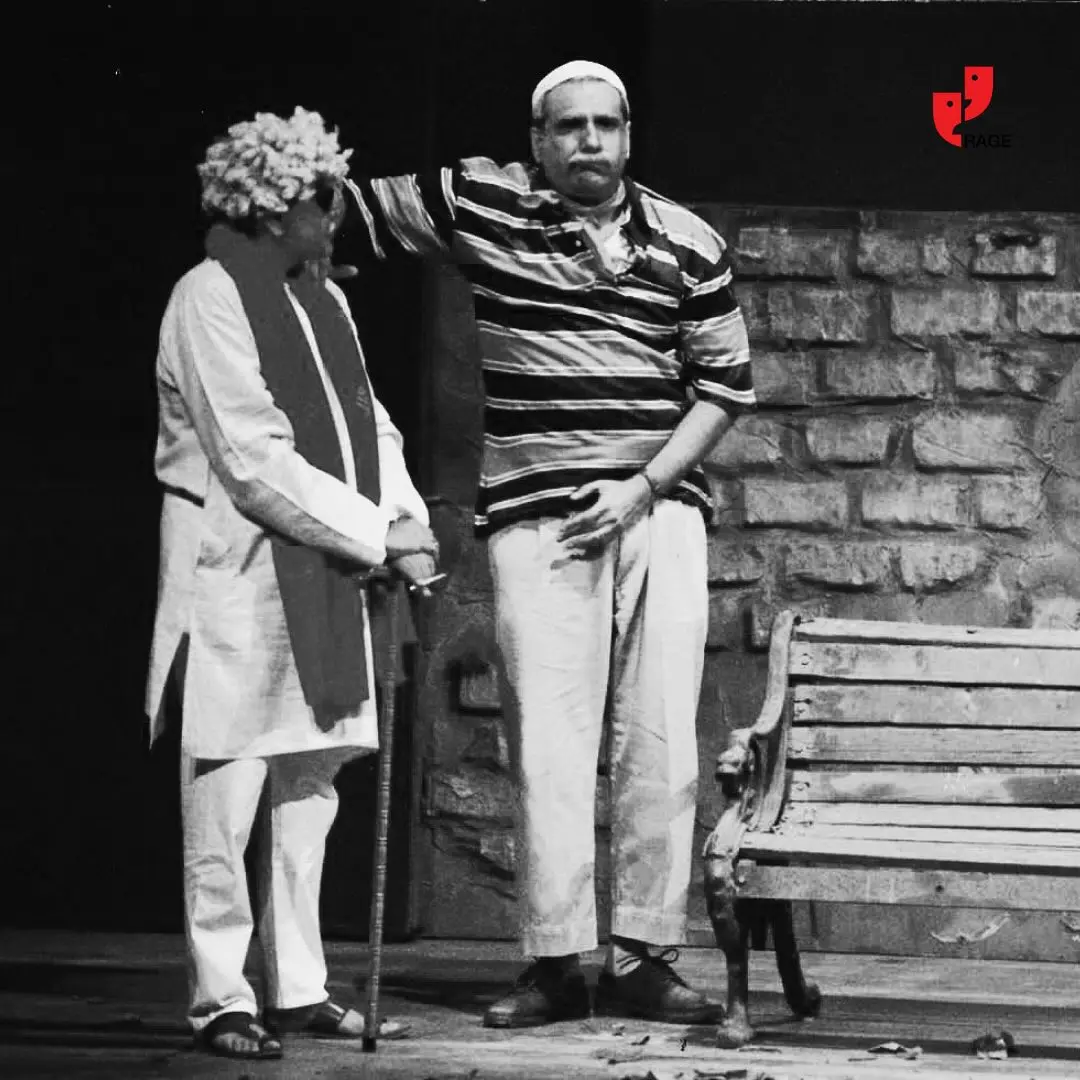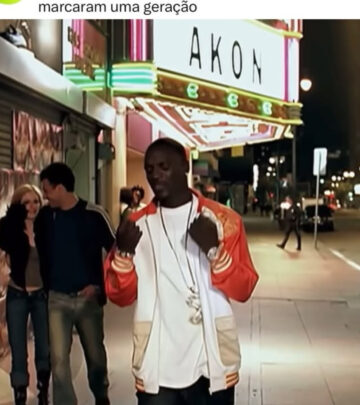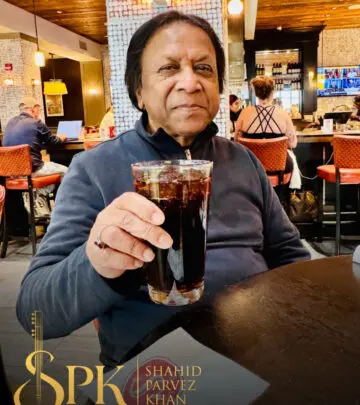I’m Not Bajirao: A Timeless Stage Adaptation
1996 stage classic reimagined with witty dialogue, diverse tongues, and pure, true charm.
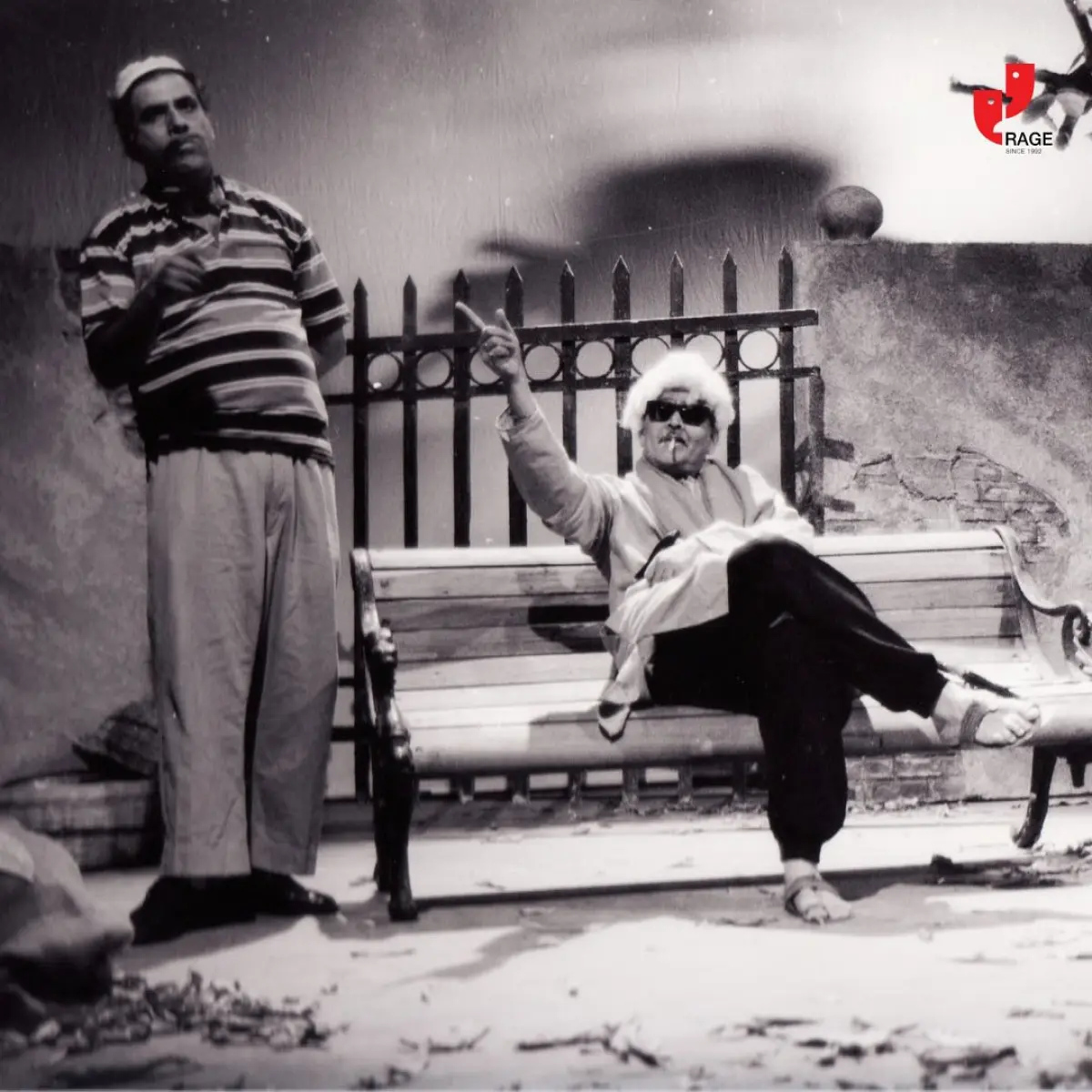
Image: Instagram
In 1996, an innovative production took the Mumbai theatre scene by storm with the launch of “I’m Not Bajirao” – a bold stage adaptation of Herb Gardner’s Broadway hit “I’m Not Rappaport”. Set against the vibrant backdrop of Dadar’s lush gardens, the play follows the daily encounters of two elderly characters, Madhukar Kulkarni, an ex-freedom fighter, and Dhunjisha Batliwala, the long-serving secretary of a building society. Perched on their self-assigned park bench amid five gardens, these characters engage in humorous escapades that blend nostalgia with sharp wit.
Production Highlights
The play stands out not only for its engaging narrative but also for being one of the first ever multi-lingual productions in the region. Drawing a seven-member cast from English, Marathi, and Hindi theatre, “I’m Not Bajirao” celebrates cultural diversity on stage. Renowned actors such as Sudhir Joshi, Boman Irani, and Sohrab join the ensemble, adding depth to the humor and authenticity of the dialogue. Additionally, the involvement of Kunaal Roy Kapur – a celebrated figure known for his dynamic presence on stage and screen – brings additional contemporary appeal to this classic production. Adapted and directed by Rahul Dacunha, the play manages to bridge the era of its inception with modern theatrical expressions.
Celebrity Legacy
Kunaal Roy Kapur, whose impressive acting career is well-documented by multiple reputable sources, makes a significant appearance in this throwback production. His transition between film, television, and stage is a testimony to his versatility. Recent Instagram highlights show him actively engaging with audiences during live comedy podcasts such as the widely popular “Our Last Week Live.” These events, held at venues like PVR ICON in Lower Parel on May 10, reflect his continued commitment to entertain while merging vintage theatrical styles with today’s digital energy.
The play’s narrative centers on the everyday adventures of its two lead characters. Their witty repartees, laced with cultural references and moments of reflective nostalgia, invite the audience to reminisce about a time when live theatre served as the primary medium for communal storytelling. The multi-lingual setup ensured that the production resonated with a diverse audience, making it a pioneering effort in bridging language and cultural divides. The blend of English, Marathi, and Hindi not only enriched the dialogue but also showcased the unity inherent within Mumbai’s diverse populace.
Nostalgic Revival
The concept behind “I’m Not Bajirao” is one of revival – a nod to the past where traditional theatre met experimental vision. The humour drawn from everyday encounters is presented with simplicity, yet packed with layers of meaning that reflect a society in transition. The park bench in Dadar, where the characters meet, becomes a symbol of continuity amidst change, embodying both the struggles and the joys of a city in flux. This setting, imbued with local flavor, echoes the nostalgic sentiments of those who witnessed Mumbai’s transformation over the decades.
Moreover, the play has earned a reputation as a foundational piece in modern theatrical experiments in Mumbai. The multi-lingual cast, a rarity at the time, paved the way for future collaborations that embrace the city’s linguistic and cultural plurality. As critics and audiences alike continue to reference the production during throwback events and retrospectives, “I’m Not Bajirao” serves as a reminder that great theatre is timeless.
Social media has played a pivotal role in reviving interest in such productions. Several Instagram posts and live event recordings have captured the infectious energy of performances, drawing attention to both the classic roots and the contemporary interpretations. Well-known handles, including those associated with live comedy podcasts featuring Kunaal Roy Kapur, have further underscored the production’s influence by highlighting themes of humor, cultural diversity, and inter-generational dialogue.
The director’s vision, coupled with the stellar performances delivered by the ensemble cast, confirms that the magic of theatre lies in its ability to reflect society’s heartbeat. Set against the urban tapestry of a dynamic Mumbai, “I’m Not Bajirao” not only entertains but also challenges its audience to reflect on the interplay of tradition and modernity. The creative decision to focus on a seemingly ordinary daily ritual – two friends sharing moments on a park bench – transforms the mundane into an unforgettable celebration of life’s unpredictability.
As the legacy of this production lives on through both archival recordings and the vibrant memories of its audiences, it remains an enduring testament to the power of live performance art. Today’s theatrical enthusiasts and nostalgic fans alike find common ground in the humor, charm, and timeless appeal of this stage classic. In a world increasingly dominated by digital media, “I’m Not Bajirao” reminds us that the spirit of the stage can kindle connections across generations and cultures.
Read full bio of Glendon Moss



